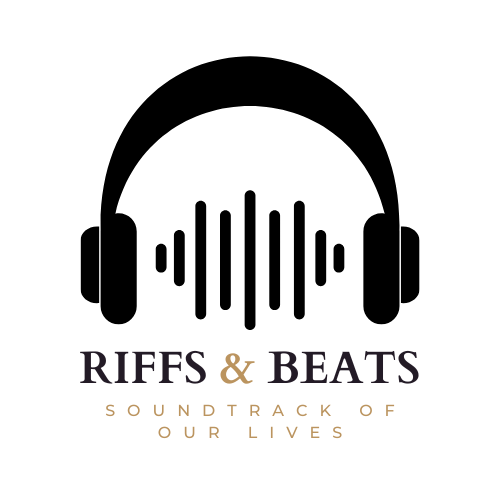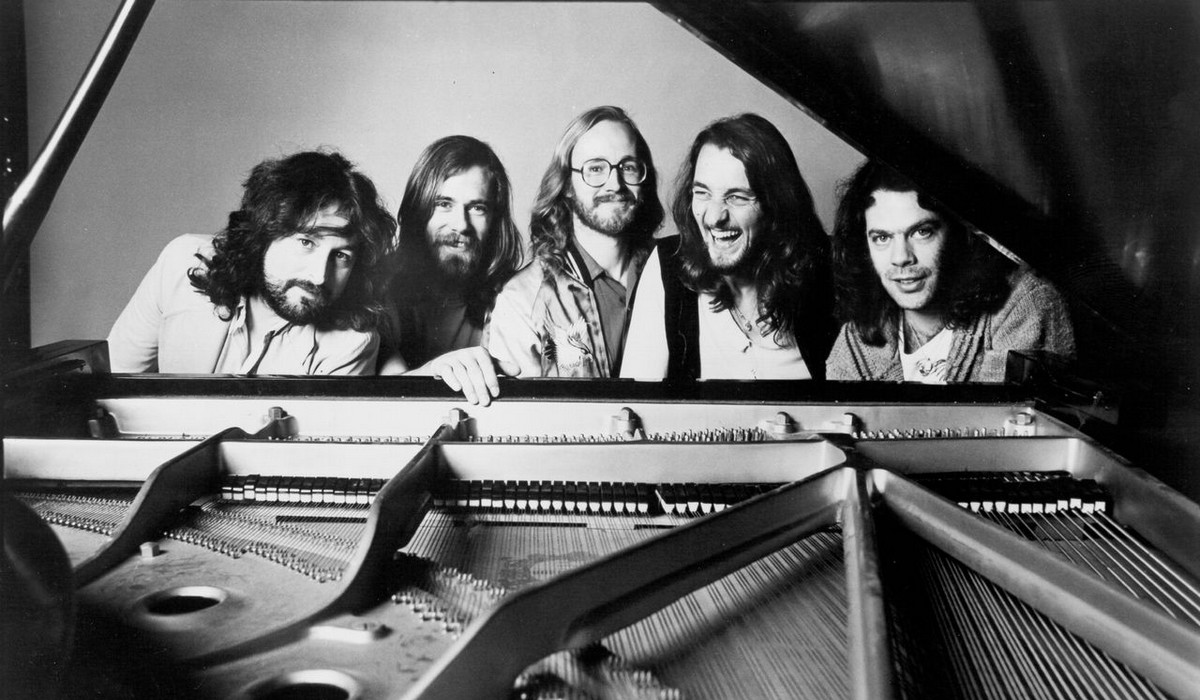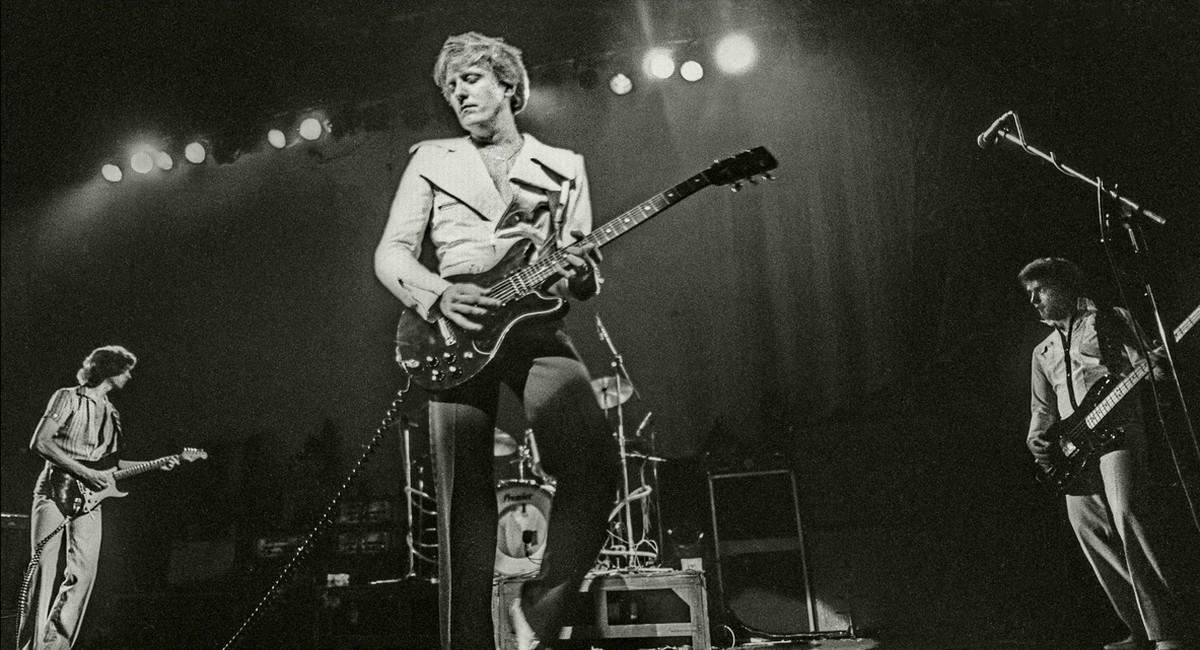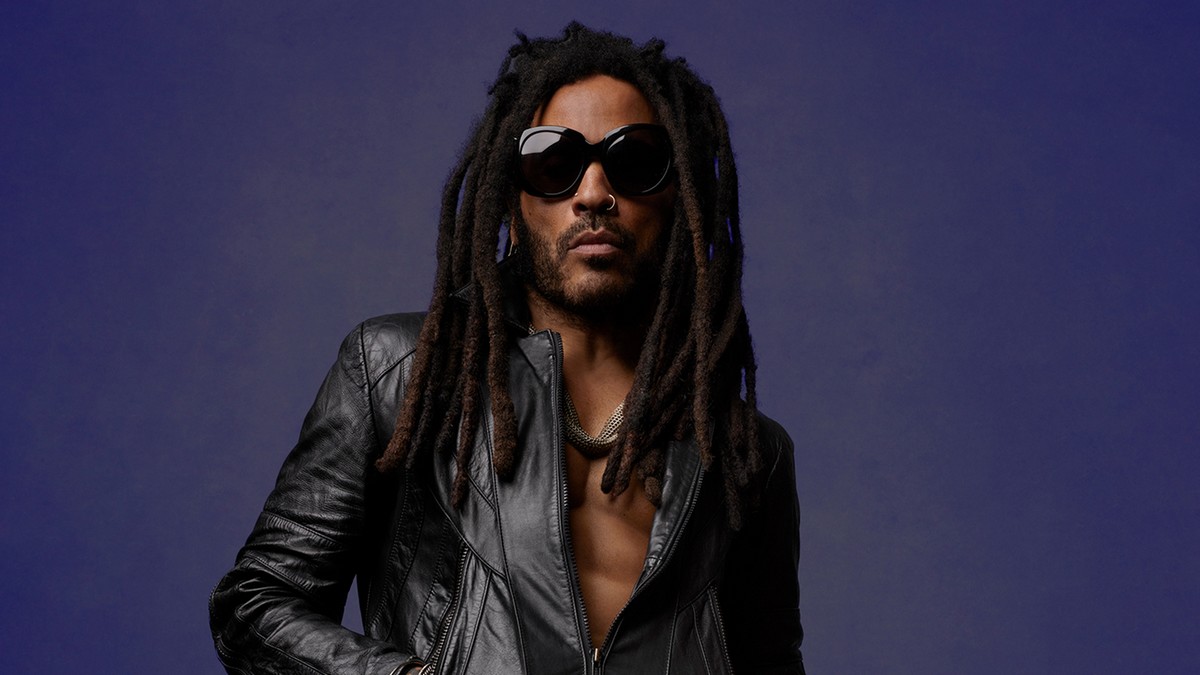The crown jewel of creative frenzy
Released by Prince in March 1987, Sign ☮︎ The Times was a double album that came with inevitability rather than with hype. It was the noise of an artist mid-flight generating at such speed that the industry struggled to keep up. The record was not set up as most albums are. Not sculpted. It spilled. Prince lets numerous fall and reconstruct themselves over these sixteen songs, sometimes within the same song, rather than creating a cosmos. He sees genre as raw material, not as border: funk, pop, gospel, electro, soul, rock. And he wasn’t only prolific in that instant. He appeared possessed by something bigger, something he himself might not fully grasped.
The way toward Sign ☮︎ The Times is well-known complex. It started out as Dream Factory, a full-band project with The Revolution, then changed into Camille, a solo project under a fast-paced vocal alias. Prince distilled it all into Sign ☮︎ The Times, a record sewn from years of different sessions, ideas, alter egos, and emotions following The Revolution’s breakup and storage of the planned triple album Crystal Ball. Still, it never seems broken up. It sounds like Prince had opened every window in his studio and let the weather control the arrangements, hence capturing chaos.
The title track opens the album with sparse, apocalyptic funk – a dry Linn drum, distant keys, and lyrics that move like headlines. AIDS, gang violence, drug epidemics, space race tension. It’s all there, delivered with eerie calm. Then comes Play in the Sunshine, bursting with a manic joy that feels almost manic in contrast, followed by Housequake, where Prince’s Camille voice growls and writhes over a rhythm that seems to punch through the floor. No song settles. Every one of them mutates. The Ballad of Dorothy Parker sounds like a dream told back in code. Starfish and Coffee is childlike and surreal. If I Was Your Girlfriend plays with gender, jealousy and intimacy in a way that still sounds ahead of its time.
Prince played almost every instrument on the album. Much of it was built by him. It was compulsion, not indulgence. This was not a guy choosing what to produce. This was a guy aiming to catch what was rushing through him before vanished. The music does not always resolve. It occasionally trips, sometimes it malfunctions, sometimes it changes into something different midcourse. That is the point. Sign ☮︎ The Times feels like a communication Prince was just able to intercept in time. He was too quick to be drawn on one; he was not only ahead of the curve.
A one-man show, a tour de force, and a confirmation that pop’s former prodigy has come of age.
(Don McLeese, Chicago Sun Times, 1987)
It generated some of his most lasting hits for an album full of disobedience and innovation. With Sheena Easton, U Got the Look became a commercial powerhouse, blending distorted synths with primal swagger. I could never take the place of your man brought disappointment and sorrow into a package of power-pop. Strange relationship throbbed with a brutal intimacy. He then ends the entire experience with Adore, a soulful ballad so clear, so exposed it seems to have been penned on a breath, so reminding everyone that nothing is fixed.
Though difficult to classify at the time it was released, Sign ☮︎ The Times was widely praised. It neither possessed the Purple Rain’s arena-rock clarity nor Parade’s conceptual sophistication. It was dirty, rushed, relentless, which made it amazing. Prince gave an album that seemed human in its sprawl amid a decade fixated on sheen and order. There are times when moods swing without justification and blunders left in sound unfinished. Still, there is strength inside. It’s the sound of an artist rejecting to sand the edges off his inspiration.
Prince caught a fever rather than an album on Sign ☮︎ The Times. A time when understanding lagged behind inspiration. He was the message and the vehicle. He made not as a craftsman but as a portal, therefore the outcome is something that feels more like a map of all he was and might have been rather than a group of songs. More than thirty years later, the album still maintains its boldness and urgency. It is still among the few pieces in pop music that feels absolutely free, not of the world but rather utterly unafraid of it.
